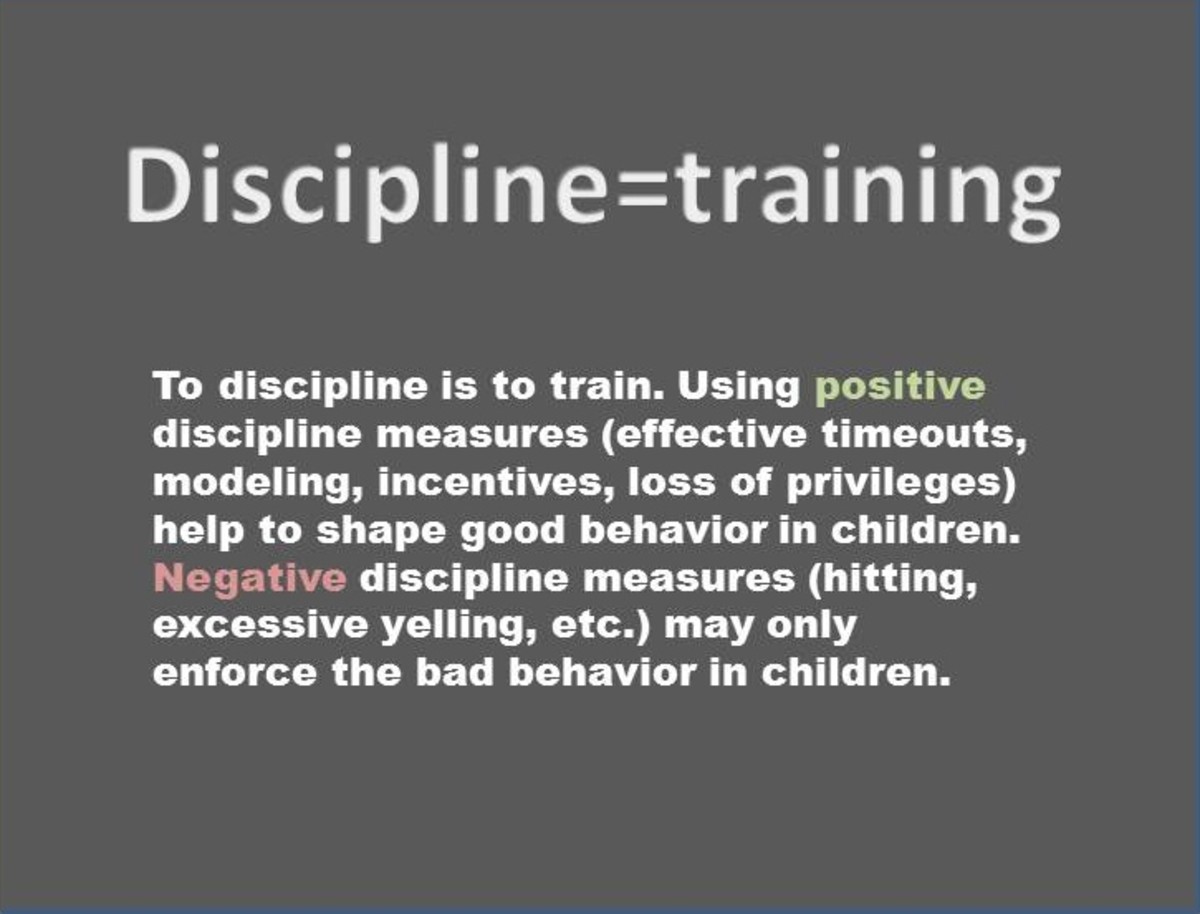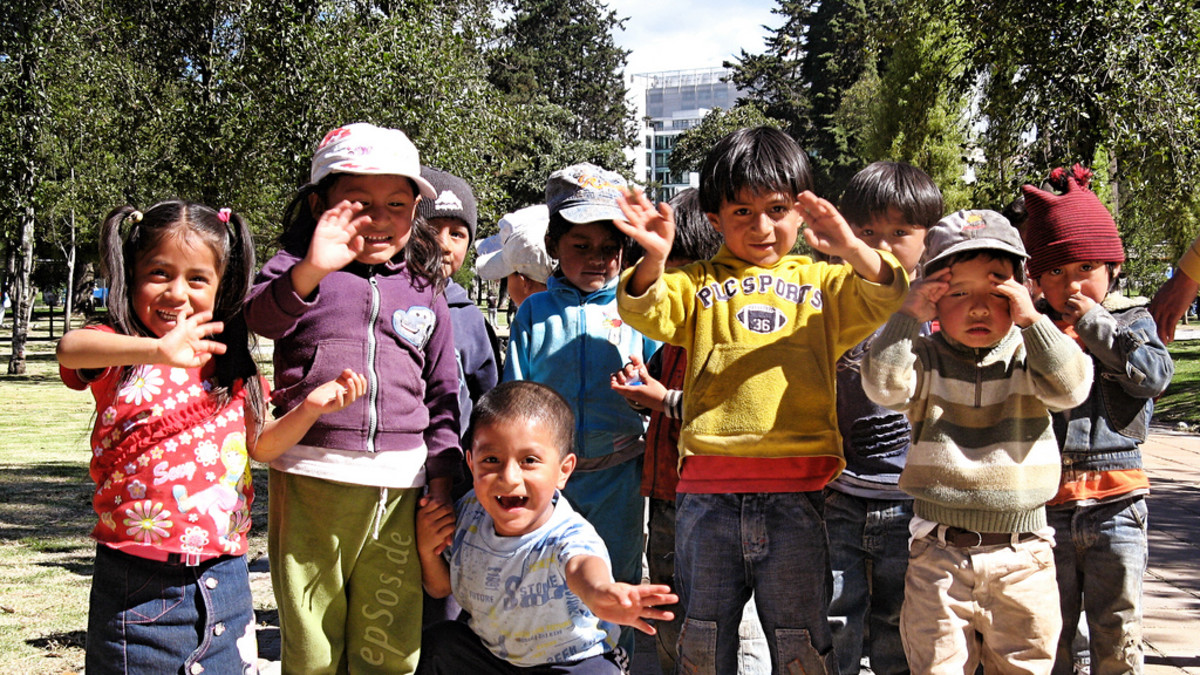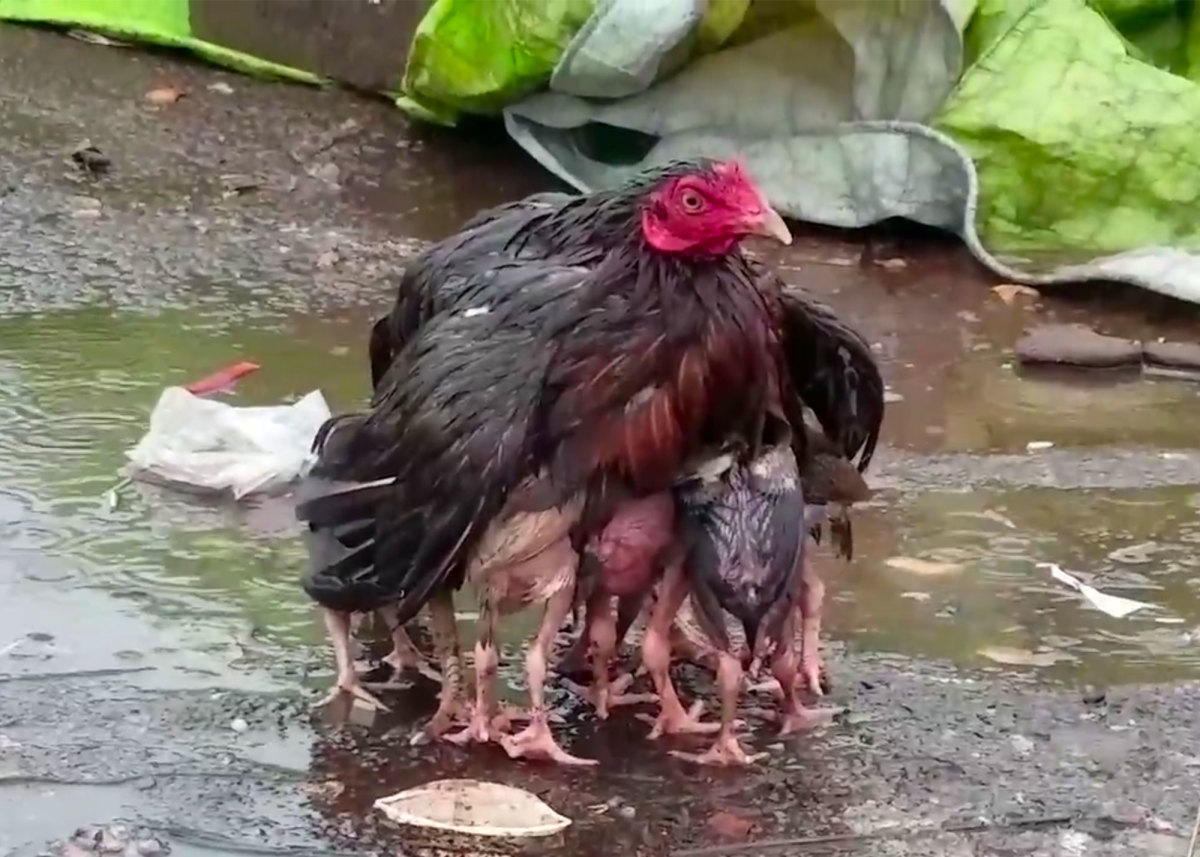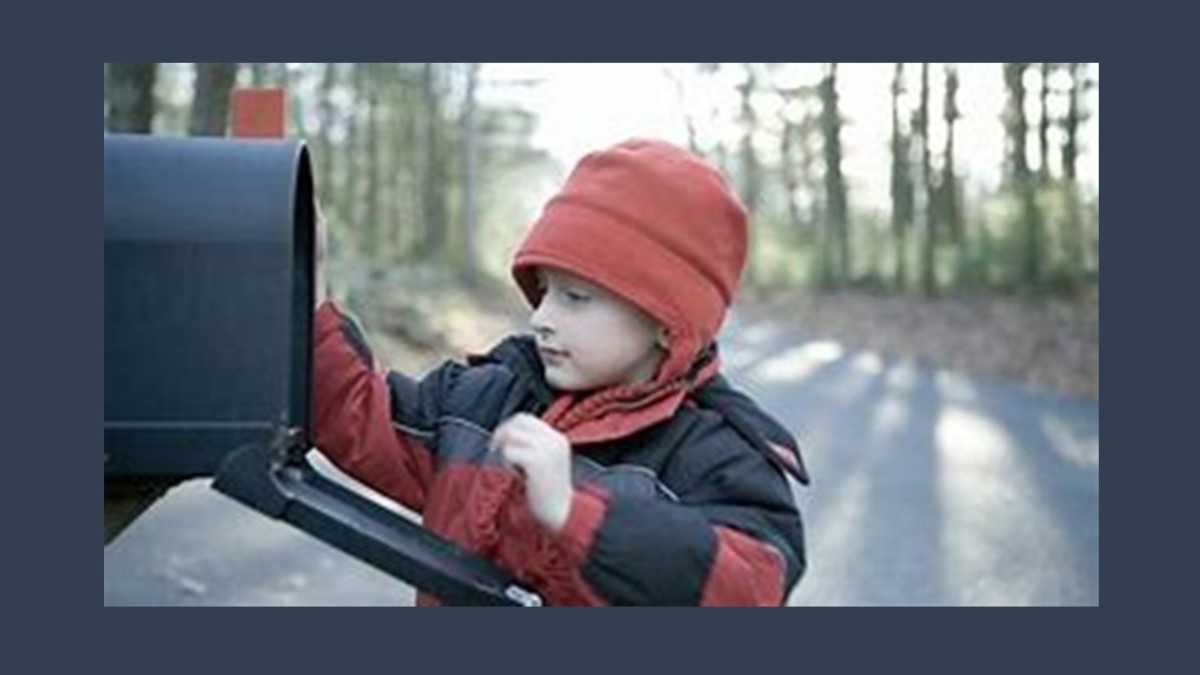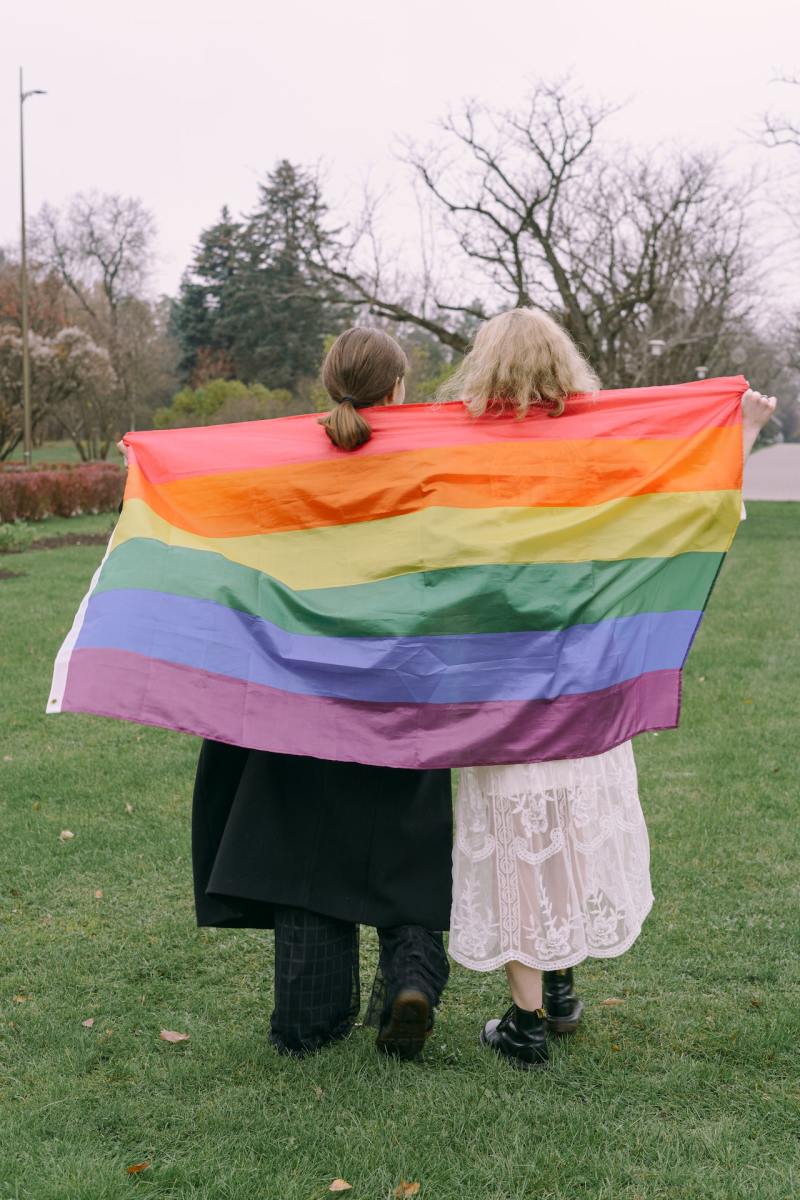Would You Accept your Child After Committing a Crime
Would You Accept your Child After Committing a Crime?
Children have their thoughts and feel differently about their lives. As children grow older, they want to explore and try different things.
Would you forgive that child for his or her bad behaviour?
The child could be your own or an adopted child. I ask this question due to a true story about a family who had forgiven and accepted their adoptive son after murdering his young wife.
It was a tragic incident and the plot was premeditated. A couple were not able to have kids of their own.
They adopted a baby boy and at the time of the adoption, the boy was a nine-month-old chubby baby.
His biological mother claimed she had cancer and could no longer take care of her child. The couple was very happy to have this child as their own and treated him well.
Both parents worked and wanted this baby, to raise him and be a family together. They had to work long hours to get their new business up and running.
The child stayed with other family members and gradually the couple got used to the idea of having a baby.
New parents did not know how to raise a child in this household which created an awkward family time with the child as well.
This child lacked the love he needed from his adoptive parents and his biological parents.
That made his life feel isolated and miserable and less loved by the family he had. As a baby, he needed to feel the warmth of his parents.
After all, it starts with a mother's love and protection to keep any baby feeling safe and connected.
The adoptive mother did not care much for this child; she abused him for the littlest of acts.
For example:
One day the child broke the stem of her indoor plant.
She did not only spank the child she belted him, and he sobbed for hours after the horrible experience.
A child at that age does not know how to be in his new surroundings. It was up to the adoptive mother to take care of him and love him, but in this case, that did not happen.
Their school years were well-achieved, and he showed great results. There was no problem with having a good education. However, he still felt like a stranger to his adoptive family.
The lack of parental care made him feel alone. He did not have much interest in attending college.
During his teen years and adult years, he did not have friendships with others in his age group, and the idea of being alone was best for him.
He worked temporarily and did not earn much, and his adoptive dad enjoyed spending with him, but would often undermine conversations held between them.
The boy felt sad and did not know how to project himself around his adoptive family. Whatever the teenager improved on himself was not good enough for his adoptive parents.
They are not easy to please.
Happy times and normal family life were not in this family which made him feel out of place and insecure.
Alone in his growing-up years he developed low self-esteem and felt like a burden to his family.
At the age of eighteen, he met someone who he knew would love him and be there for him. His life was a mess with so many family issues that dating for him was not the most exciting part of his life.
Meeting the girl from next door changed his life.
He had someone to share his life with, someone he could count on rather than having to hear all the criticism from his adoptive family.
The adoptive parents were not impressed by their son starting his life at such a young age with a girlfriend.
They did not approve of his decisions.
Be it working temporarily or dating someone this boy had nowhere to turn but to drugs and alcohol.
Their idea was for the son to help with the business and further his studies as an Engineer to have a worthy career, but their son had other plans in mind.
After a while gossip spread that the girl was pregnant in her teenage years. This was not supposed to happen, and the adoptive family became upset with the adoptive boy's plans.
The family did not show the boy love and attention, only criticized him or dominated him.
Whenever they had the chance to be together it was about harsh conversations and mostly disagreements that led to many aggressive arguments.
Though the rest of the family was not pleasant the adoptive boy, the adoptive dad made his only son part of his Will.
Little did the adoptive dad know how everything would change before his son reached twenty-one to have claimed his inheritance.
Josh (not the real name) married his pregnant girlfriend and they had a daughter. All was going okay.
Other than he is an over-possessive husband and did not trust his wife he provided for his young family.
He started using alcohol more and more to avoid his pain, and he became abusive toward his wife while drunk and not in his correct mind when using other substances.
On many an occasion when I met the couple, Josh was frustrated and drunk and the problems deteriorated in his marriage. I could see their marriage was going downhill but did not advise him.
I felt it was not my place to mention what I knew would eventually be, but murder was not on my mind that shocked us.
The problem went deeper: Josh's wife was having an affair with someone from the family, something nobody ever thought of or could have imagined.
The affair was on Josh’s mind that his wife was having an affair wasn't a surprise to many members of the family but had to see it with his own eyes.
One day after a rally event Josh saw his wife kissing her lover they were finally caught in the act.
After seeing his wife with her lover, he remained quiet about the incident and put his plan in motion a day later. He sent his daughter to stay with her granny and had to get over this hurt in the way he knew would work for him.
He asked his wife to stay with him after the visitors had left his home. Alcohol released pain and helped him feel good; he used drugs and alcohol that evening and made himself feel numb from the hurt he felt inside.
He murdered his wife and left her most inappropriately and pretended a robber burgled the house and did not know what had happened. I
t was devastating to everyone, but most of all to his adoptive parents, especially, his dad.
He was in prison for a few years and is now out on parole. His adoptive dad had forgiven him and accepted his son back into his life.
The Will has not been changed.
The major problem here is no love shared, poor parenting skills, and lack of attention, and communication, and the adoptive parents are less educated in raising a child.
In many cases, children do go astray, adopted or not, this happens in many families, but usually with bad parenting skills. When it occurs in your family then you realize the pain. You do not think for once this will happen to your family.
Children run away from home with no discipline, so whatever comes to mind is tried or attempted.
Most parents do not listen to their children and do not spend time with their children, to know what is wrong or what is required in their lives.
When a child is not shown love, he or she feels unwanted, lonely, rigid and feels alone in the family a lot can go a different path. Mostly it is what you least expect.
Abusive experiences during childhood lead to poor adulthood experiences making children feel the blame for their actions.
Parents should pay attention to their children and be the greater part of their lives. Nothing can be right in a child's life if they do not have their parents as part of their lives.
The role of a parent is to show good and secure moments, ignoring that would make a child feel lost within them.
Without a parent, a child has no map of their lives, no achievement, or goal to look forward to.
Parents are there to motivate, guide and love their children through times of hardships and the many misunderstandings they have.
Would you accept your child after committing a crime?
Would You Accept your Child After Committing a Crime?


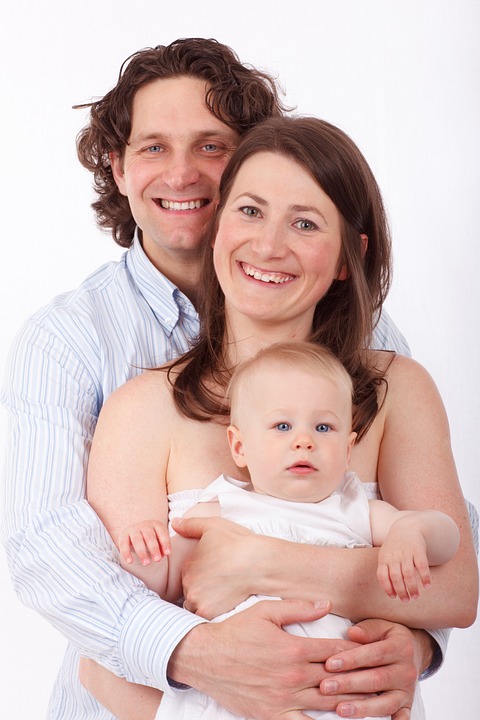
Forgive and Acceptance go hand-in-hand
Would you Accept your Child after Committing a Crime?
This content is accurate and true to the best of the author’s knowledge and is not meant to substitute for formal and individualized advice from a qualified professional.
© 2014 Devika Primić


